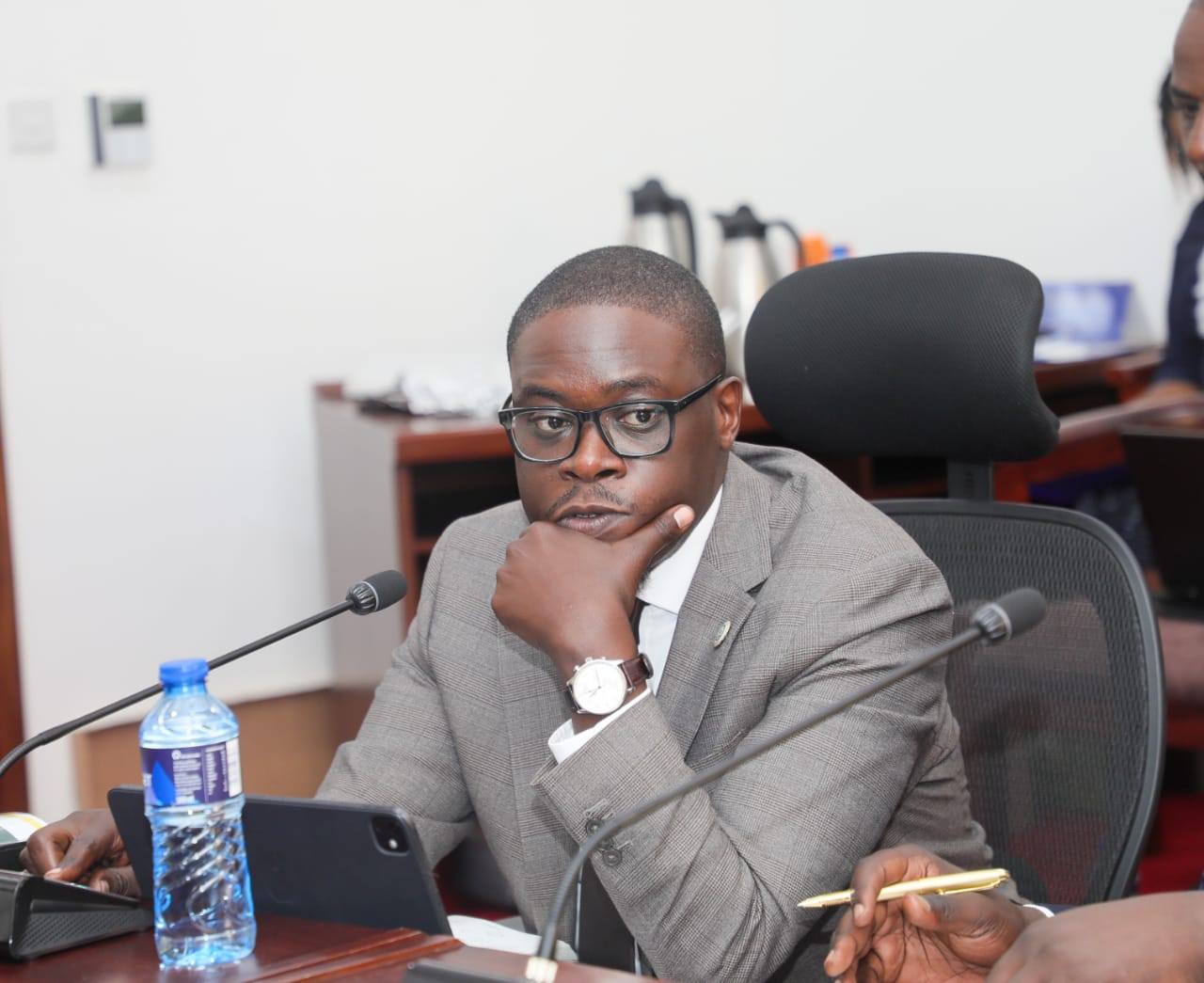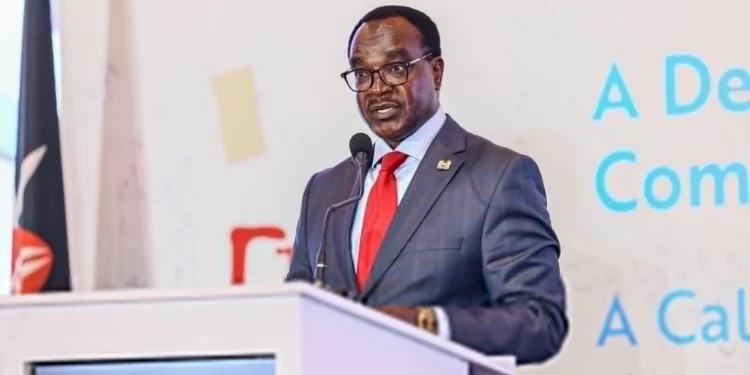Governors have intensified calls for full control over education functions reigniting a dispute with the office of the Controller of Budget,(CoB) over who should fund bursaries for secondary and university students.
This standoff stems from a February circular issued by Controller of Budget Margaret Nyakang’o, which restricts counties from independently funding bursaries for secondary and university students.
Nyakang’o insisted that only the national government is constitutionally mandated to support learners at those levels, while counties may fund early childhood development (ECDE) and technical and vocational education and training (TVET) programs.
“The requirements are still the same as per my circular of January 2025. Counties must submit a valid intergovernmental agreement,” Nyakang’o said, as quoted by one of the local dailies.
Nyakang’o cited the Constitution’s Fourth Schedule, which assigns primary, secondary, and university education to the national government, while counties are responsible for ECDE, childcare facilities, village polytechnics, and home craft centres.
Despite the directive, governors argue that counties are best placed to understand and respond to the needs of students within their jurisdictions. Appearing recently before the Senate Education Committee, Nairobi Governor Johnson Sakaja, said counties would resume bursary distribution within the Controller’s guidelines.
ALSO READ:
MoE, Safaricom partner to expand digital learning in schools
“Our bursaries and scholarships are now going to resume because we are following the CoB’s guidelines,” Sakaja said.
Sakaja also defended the counties’ role, calling it both a moral and political responsibility. “We are better placed as counties to run the education function. We understand the needs of our people. What we need is a full transfer of the function as what we have now is a mongrel,” sakaja said.
Sakaja also noted that Ksh1.8 billion had been disbursed in the last two years, compared to Ksh3 billion over a decade under previous administrations. “We must ensure that needy and bright students get education,” he added.
However, senators cautioned against counties assuming roles constitutionally assigned to the national government. Senator Catherine Mumma warned that such overreach could disrupt service delivery. “You want to pay the bill for the national government. When you take over the functions of the other level, some responsibilities will suffer,” she said.
The Senate Committee hinted at plans to summon Nyakang’o for further clarification, while reiterating that bursaries for secondary and university learners remain a national function unless formally transferred through intergovernmental agreements.
However, governors maintain that continued county support is essential to prevent gaps in access to education, especially for vulnerable learners in underserved regions.
By Masaki Enock
You can also follow our social media pages on Twitter: Education News KE and Facebook: Education News Newspaper for timely updates.
>>> Click here to stay up-to-date with trending regional stories
>>> Click here to read more informed opinions on the country’s education landscape






